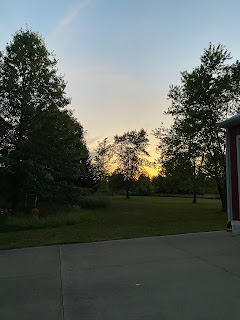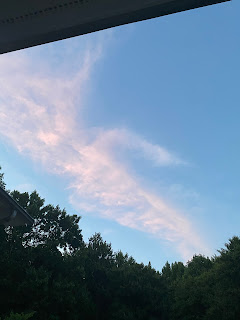the kite runner
Source: goodreads.com via Kate on Pinterest
have you ever read the kite runner? i just finished it late last night. i had a difficult time putting it down. it's kind of a strange book to read given this time in history. reading a book about afghanistan, and afghani people that encompasses the before and the during of the various conflicts over the years changes your perspective. or mine, at least.
this book is haunting in the sense that it stays with you. its themes roll around in your head, coming back around and around and around. yesterday - while in the middle of the book - i went for a 6 mile run. it was raining pretty hard so i didn't take my iPod. yet, the whole time i was running, i was thinking about the story.
i don't want to give much of it away, but one of the most interesting things is the difference in culture. we all know that there is a bit of a culture clash between how we do things in the west -- specifically in america, and how they do things in the middle east. that does not make either one of them inherently bad or wrong, although they both have some major flaws. if there is one big thing the book taught me though it's this: it would behoove all of us [me especially] to peek into another culture before pronouncing judgment upon it.
one of the biggest themes running through the kite runner is discrimination. [not the only theme, but one of them...] lately i have been thinking and reading a lot about different types of discrimination. the last book i read was black like me by john howard griffin. [i also highly recommend that book...] black like me is about race relations in the american south at the end of the 1950's/beginning of the 1960's. similarly to the kite runner, black like me shocked me. i never lived through a time of such blatant, culturally accepted discrimination based solely on appearance. and on one hand it is extremely difficult for me to believe that well-meaning people ever treated other people with such disdain.
on the other hand though, i've read my fair share of psychological studies, and with those in mind it's not quite as surprising.
anyway, at the end of the day i sit back and wonder -- where are my blind spots? what things am i missing? what pieces of our culture, and my thinking, will i look back on in 20 or 30 years and shake my head at?
to me those questions are far more haunting than the questions about the past. i couldn't change what happened in the past, i still can't, but i can change my present and i can change my future -- so what needs to change?
what needs to change?







Comments
Post a Comment